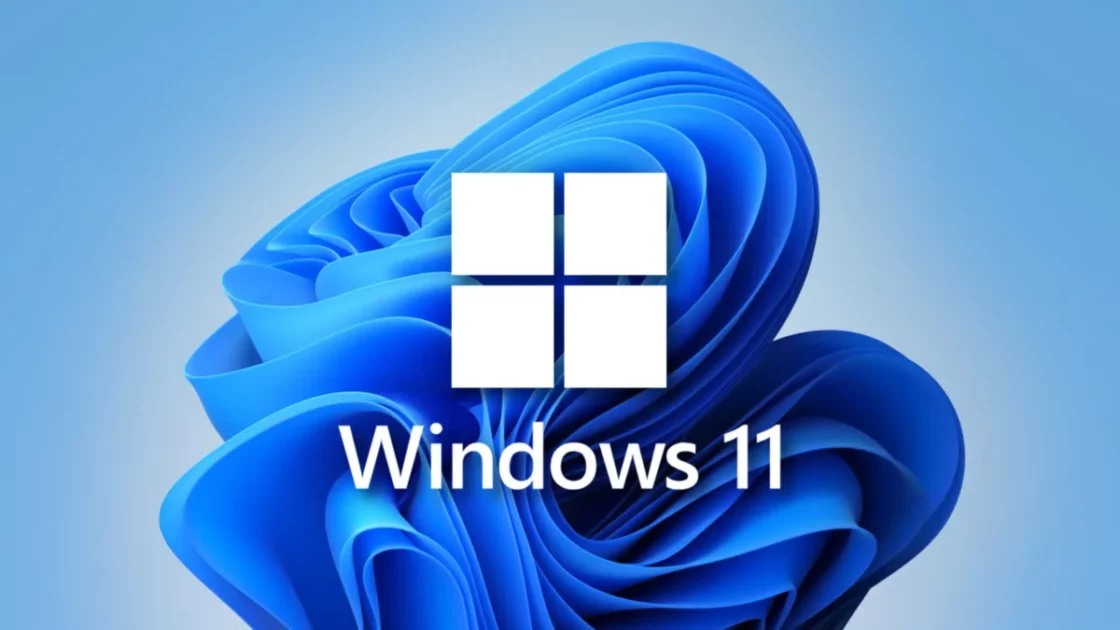Microsoft has fixed the slowdown bug on NVMe SSDs in Windows 11. The bug was found in the March 2023 update for Windows 11 (KB5023706) which affected some NVMe SSDs causing them to run at half their usual speed.

NVMe SSDs bug was caused by a change in the way Windows 11 manages storage
On August 8, 2023, Microsoft released KB5029263 cumulative update for Windows 11. The update fixed the bug that was causing NVMe SSDs to run at half their usual speed. Users who have installed the update have reported that their SSDs are now running at full speed.
This was also confirmed by Windows Latest. One user is quoted as saying: “After the March update, it was like driving a sports car with a clogged fuel filter. This recent August update has fixed NVMe SSD problems for us, but it has also shed light on the need for Microsoft to improve its quality assurance processes.”

The SSD slowdown bug was caused by a change in the way that Windows 11 manages NVMe SSDs. The new management system was designed to improve performance, but it had the unintended consequence of slowing down some SSDs. Microsoft has since reverted the change in the August update, and SSD performance has returned to normal.
Users who are experiencing slow performance on their SSD, users can check to see if they have the August 2023 update installed. To do this, open Windows Update and check for updates. If the update is available, install it.
How to fix the bug if the SSD is still running slow in Windows 11
If the August 2023 update is already installed and the SSD is still running slow, try the following:
- Disable the Storage Spaces feature: Storage Spaces is a feature of Windows that allows you to combine multiple drives into a single virtual drive. Some users have reported that disabling Storage Spaces can improve SSD performance.
- Defragmenting the SSD: Defragmenting your SSD can help to improve its performance.
Update the drivers for your SSD. The latest drivers may include performance improvements for your SSD.
After trying all of the above and the SSD is still running slow, users can contact Microsoft support for help.
Read more: